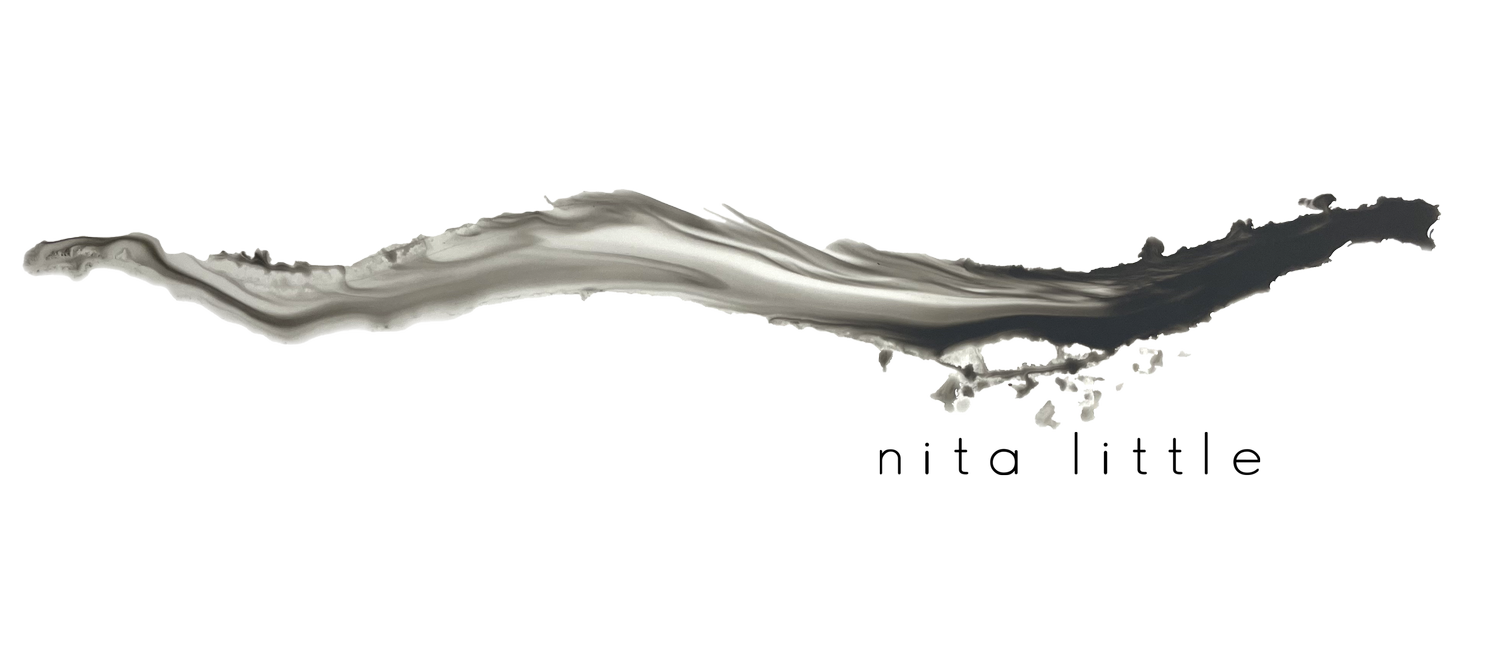November Asides
The Physicality of Care
The physicality of care, the subject of my upcoming Breaking Bread talk (on Friday, November 27, the day after Thanksgiving in the USA) begins with an understanding that care is a physical practice, on the level of bodyminds, as well as a psychological / emotional one. Yet its physicality is barely recognized by the systems that call for more of it. I am aware that many bodies (that are always also minds) loose their capacity to care, which can happen when a person's life experiences cause too much suffering. So, bodily felt care is not automatic and requires attention. Just as “tension masks sensation” – a phrase that is often credited to Nancy Stark Smith but likely came from Steve Paxton – it also interrupts the capacity for soft sensibilities that are critical to the extension of physical feeling and the recognition of physical presence that is foundational to care. This idea is important, because it speaks to the emergence of care and invites us to study its generative potentials.
“Sensibility” is a word that teeters between physical activation and the receptive sensate realms with cognition balancing knowing (the ability to register presence) as a key factor. The Oxford dictionary defines sensibility as, ”the quality of being able to appreciate and respond to complex emotional or aesthetic influences; sensitivity”. Let’s take this definition apart for the purpose of thinking it through. “Appreciation,” do we recognize there is something of value here? How do we recognize anything? In my world seeing is not enough. To cognize, know, something, we have to hold it in its presence, be touched by it. This means to be changed by its presence. Respond in our movement world means “response-ability,” can we gather the information necessary to respond, is our physicality "on-line" and ready to meet whatever is present? This ability is skill based and requires mental, emotional and physical engagement. Can we inter or intra act on this knowledge? If we can, we are physically engaged on levels of feeling, but often people just act from the realm of ideas, a realm that can function without the presence of touch.
As you can see, I hold that care begins with a body (mind) that touches presence. A body that can itself be present. When bodies are in tension, fear based, idea driven, future casting, these bodies are unable to be sensate and even sensible. These are bodies in which the higher register tones are masking the information necessary for care. In our Breaking Bread meeting, we will take this apart on deeper levels, to understand how physical care fits into an overall program of relational intelligence.
